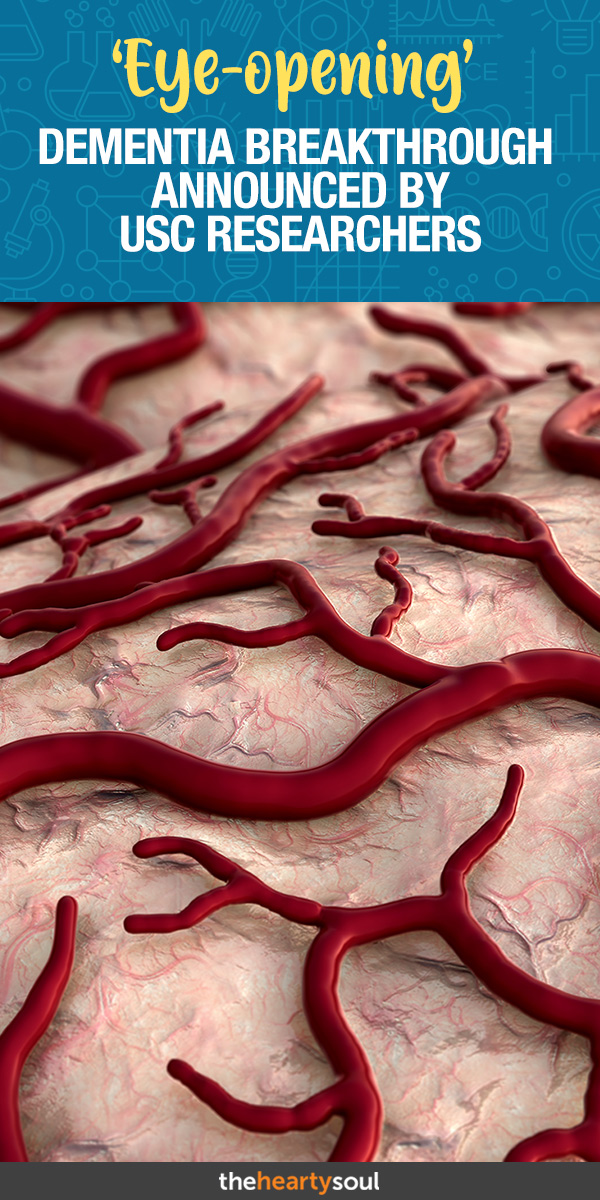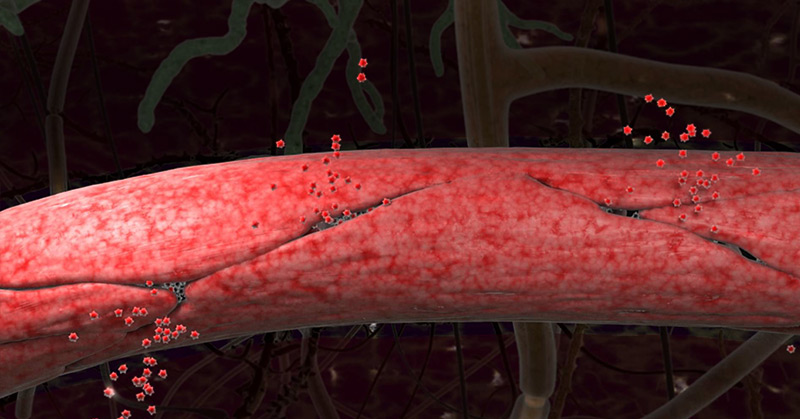A recent study by the University of California has caught the attention of the Alzheimer’s Society. The study revealed that leaky blood vessels in the brain could be an early indicator of dementia. This groundbreaking discovery may pave the way for earlier diagnosis and treatment options to combat this neurodegenerative disease.
Researchers at USC uncovered eye-opening results, suggesting that repairing capillary leaks in the brain could potentially slow down the accumulation of proteins responsible for dementia. Dr. James Pickett, head of research at the Alzheimer’s Society, emphasized the significance of this study in understanding the link between blood vessel health and dementia.
“Our researchers have been working tirelessly to explore how blood vessel health is connected to dementia. The study indicates that these leaks occur early in the development of Alzheimer’s, potentially aiding in earlier diagnosis,”
The findings from USC, published in the January 14 issue of Nature Medicine, involved 161 older adults. The study revealed a correlation between memory problems, blood vessel leakage, and the presence of toxic proteins in the brain.
Arthur Toga, co-author of the study, highlighted the importance of a properly functioning blood-brain barrier in preventing potential damage to neurons. These insights could lead to earlier diagnosis and treatment strategies for Alzheimer’s using brain scans and pharmaceutical interventions.

Sources
- Blood-brain Barrier Breakdown Is an Early Biomarker Of Human Cognitive Dysfunction. Retrieved from: https://www.ncbi.nlm.nih.gov/pubmed/30643288
- Hopper, L. (2019, January 13). USC Alzheimer’s researchers find new culprit and potential treatment target for disease. Retrieved from https://news.usc.edu/153475/usc-alzheimers-research-leaky-capillaries/
- Nelson, E. (n.d.). USC Researchers Find Evidence That Dementia May Be Caused by a Breakdown of Blood-Brain Barrier. Retrieved from https://blog.thealzheimerssite.greatergood.com/blood-brain-barrier






